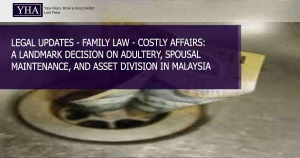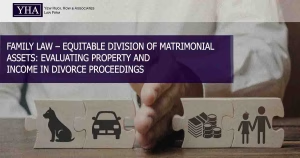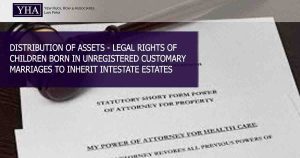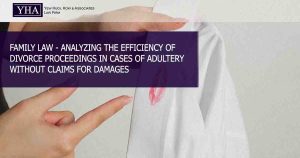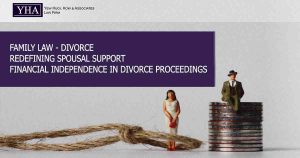
FAMILY LAW – CANADIAN PARTIES – CUSTODY BASED ON HABITUAL RESIDENCE – WELFARE OF CHILDREN IN MALAYSIA TAKES PRIORITY
In DPG v LAMG [2025] 12 MLJ 864, the High Court held that Malaysian courts have jurisdiction over custody disputes involving foreign children who are habitual residents in Malaysia, despite both parents being Canadian citizens. The Court found that the children had deep roots in Penang – schooling, therapy, church, and community – and that their welfare was best served by remaining under the father’s custody, care and control, with the mother granted extended weekend and virtual access. The defendant’s attempt to annul the earlier ex parte order was dismissed as academic, and the Court clarified that interim custody orders under s 89 LRA are not O 29 ROC injunctions.

